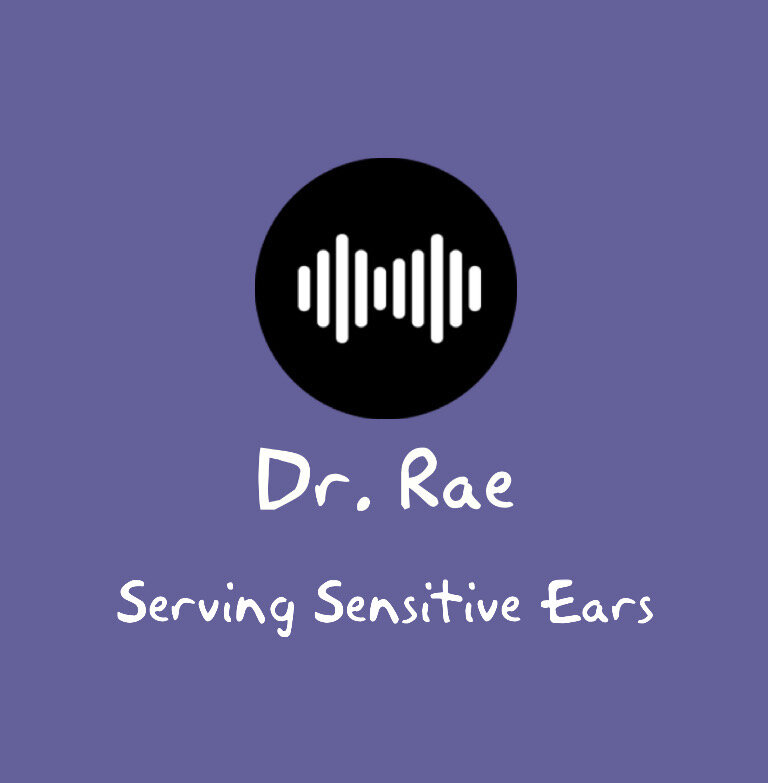Free or Low-Cost Auditory Training Options
When it comes to resources for auditory training, there are plenty of free and low-cost options across different formats and focuses.
Here are some suggestions based on your needs:
Online Programs and Apps for younger children (3-7 years):
Musical Me: This app gamifies rhythm and pitch learning with adorable animal characters and interactive games.
T-M-A-S-G (The Most Amazing Sheep Game): This playful app teaches rhythm and basic music concepts through sheep characters and colorful visuals.
TuneTrain: This app allows children to create and edit their own melodies with playful gestures and sounds, fostering creativity and exploration.
Kids Maestro: This app combines interactive games with real-world instruments, introducing kids to piano, drums, and more.
Online Programs and Apps for older children (7-12 years):
Rock Band Blitz: This popular game for consoles features simplified gameplay and child-friendly songs, making it a fun introduction to rhythm and coordination.
Jam Studio: This app includes interactive games and exercises for drums, guitar, bass, and piano, with customizable difficulty levels.
Beat Blasts: This app uses colorful lights and interactive challenges to teach rhythm and timing, making it fun and engaging for children.
Nanogrid: This innovative controller and app combination allows children to create and perform electronic music with fun sound effects and loops.
Additional Online Programs for Older Children, Teens, and Adults:
EarMaster: This comprehensive online platform offers ear training exercises for intervals, chords, scales, and rhythm, adapting to your progress. (Limited free version)
Teoria: Interactive ear training and music theory exercises with quizzes and listening challenges. Great for all skill levels.
Tonedear: Gamified ear training app with playful exercises and achievements, focusing on intervals, chords, and scales. Engaging and fun.
Yousician: Interactive guitar, bass, piano, and ukulele lessons with personalized feedback and practice tracks. (Limited free version)
Simply Piano: Gamified piano learning app with colorful visuals and child-friendly songs. Beginner-friendly with a free version.
Flowkey: Interactive piano lessons with real-time feedback and customizable practice plans. (Limited free version)
Understanding Speech in Background Noise:
LACE Auditory Training: This online program targets speech-in-noise comprehension with various exercises and training modules. (Paid program with free trial)
HearWell Online: Offers training for speech understanding in noise via personalized programs and interactive exercises. (Paid program with free trial)
ListenQ: Gamified app for improving listening skills in noisy environments, focusing on background noise reduction and selective attention. (Free version with limited features)
Freesound.org: Find ambient recordings with background noise (restaurants, crowds) for creating personalized training exercises.
Open-source datasets: Datasets like LibriSpeech and Common Voice offer spoken language recordings you can use to practice filtering out background noise.
Understanding Rapid Speech:
Fast Phrases: Online platform with various exercises and tools for improving comprehension of rapid speech, tongue twisters, and mumbled speech. (Paid program with free trial)
Speakeasy: App providing exercises and games to train auditory processing of rapid speech and complex sentences. (Free version with limited features)
Audiobook narration websites: Listen to audiobooks narrated at faster speeds with adjustable playback control to train comprehension of rapid speech.
Speech-to-text software: Practice your listening skills by comparing your transcriptions of rapid speech to the generated text.
Auditory Memory and Auditovisual Memory & Processing:
BrainHQ: Extensive platform offering auditory memory and attention training exercises through various games and activities. (Paid program with free trial)
Lumosity: Gamified program with cognitive training exercises, including some targeting auditory memory and auditory-visual processing. (Paid program with free trial)
NeuroNudge: App featuring memory games and challenges specifically designed to enhance auditory memory and auditory processing. (Free version with limited features)
Dual N-Back task: Online version of this cognitive neuroscience task, useful for practicing updating and manipulation of auditory information. (Free)
Pitch Pattern Memory and Auditory Closure:
Music Mind Games: Online platform with interactive games and exercises targeting musical skills, including pitch pattern memory and auditory closure. (Paid program with free trial)
Tonedear Pitch: Gamified app focusing on pitch training and discrimination, helpful for developing pitch pattern memory and auditory closure. (Free version with limited features)
SingTrue: App features vocal pitch training exercises that require auditory closure skills to match pitch correctly. (Free version with limited features)
Singing scales and melodies: Practice singing scales and melodies with increasing complexity to train pitch pattern memory and auditory closure.
Websites:
MusicTheory.net: Extensive collection of interactive lessons, exercises, and quizzes covering all aspects of music theory. A valuable resource for any musician.
Hoffman Academy: Free video lessons on music theory, piano, guitar, and other instruments. Great for beginners and intermediate students.
Coursera: Several free online music courses on topics like music theory, composition, and music history. Structured learning for additional training.
Freesound.org: Vast library of sound effects, environmental sounds, and music tracks under various Creative Commons licenses. Find speech babble, background noise, and more.
freesound.bbc.co.uk: High-quality BBC sound effects library, including various types of speech babble for realistic background noise.
Other Resources for Creating Custom Soundtracks:
Audacity: Free and powerful audio editing software to manipulate sound for personalized training.
BandLab: Cloud-based music creation platform with collaboration features. Adapt for personalized training exercises.
NatureSounds.org: Collection of high-quality nature recordings, useful for creating calming and immersive training atmospheres.
YouTube Audio Library: Royalty-free music and sound effects for training videos. Limited selection of speech babble but offers other helpful soundtracks.
General Tips:
Combine online resources with real-world listening activities, like engaging in conversations in noisy environments or watching movies with subtitles.
Consider personalized approaches like creating your own training materials with relevant noise tracks and speech samples.
Be patient and consistent with your training routine, as improvements in auditory skills take time and dedicated practice.
Look for resources with gamification or feedback to keep you motivated.
Experiment with different programs and resources to find what works best for you.
Leverage free sound libraries and editing tools to personalize your training experience.
Remember, while paid programs and resources may offer advanced features, a great foundation for auditory training can be built with the abundance of free options available online and in different formats.
